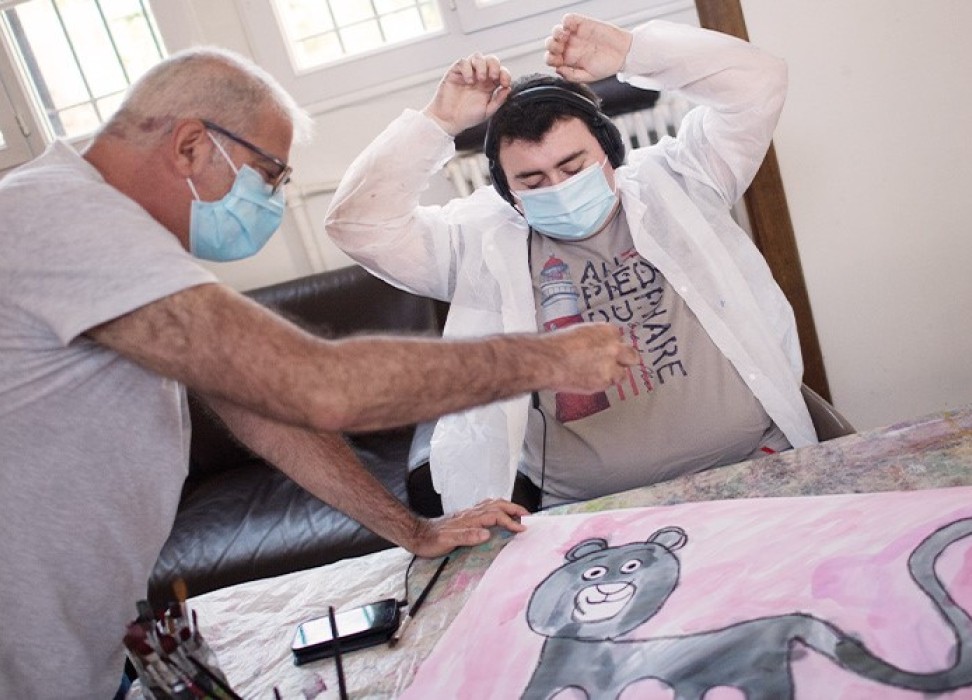Overuse of biomedical interventions ignores humans emotional complexity, says UN expert
27 July 2020

“Too frequently, the global mental health status-quo follows a so-called ‘mad or bad’ approach, overriding human rights and justifying widely spread coercion in the search of preventing behaviours deemed as dangerous or providing treatment considered medically necessary without consent,” said Dainius Puras, Special Rapporteur in the right to health.
Puras was presenting the last report of his tenure to the Human Rights Council.
For the expert, the dominance of the biomedical model to explain emotional distress has resulted in the overuse of medicalisation and institutionalisation, while ignoring the social, political or existential contexts that contribute to manifestations of mental distress.
He appreciated the progress made to understand the role of psychotropic medications, but also their limited effectiveness, which is not comparable to other medicines that are essential for certain physical conditions. “Unfortunately, the side effects of psychotropic medicines and their associated harms have been downplayed in the published literature while the benefits have been exaggerated,” Puras pointed out.
“This has often led to over-diagnoses and overuse of biomedical interventions, thus moving away from understanding the complex context of humans in society and implying that there exists a simplified mechanistic solution to mental distress.”
The legacy of excessive medicalization reflects an unwillingness to confront human suffering meaningfully and embeds an intolerance towards the diversity of emotions everyone experiences in life.
The expert further posited that the current biomedical model risked legitimising coercive practices and entrenching discrimination against marginalised groups, such as persons with disabilities, people living in poverty, drug users, older persons, and children and adolescents.
He enumerated the key principles for a human rights-based approach to mental healthcare, “dignity and autonomy, followed by social inclusion, participation, equality and non-discrimination, diversity of care for the development of acceptable and quality responses, as well as the importance of the determinants of mental health.”
Puras also pointed out that institutions have become hotspots for COVID-19; persons in psychiatric institutions, in care homes, and in detention have become more vulnerable to the virus as demonstrated by the high rates of infection and mortality seen in those institutions.
“The pandemic provides the global community the unique opportunity to demonstrate political will to move away from medicalisation and institutionalisation in mental healthcare,” Puras added, calling for the ultimate elimination of segregated psychiatric institutions that reflected the historic legacy of social exclusion, disempowerment, stigma and discrimination.
24 July 2020



